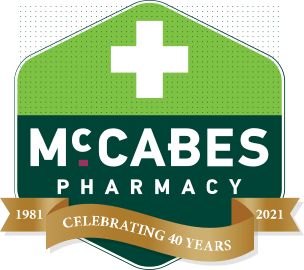Anusol™ is formulated for the treatment of haemorrhoids (piles). The Anusol™ range includes Anusol™ Cream, Anusol™ Suppositories, Anusol™ Ointment, Anusol™ Plus-HC Suppositories, Anusol™ Plus-HC Ointment, Anusol™ Soothing Relief Suppositories and Anusol™ Soothing Relief Ointment, Anusol™ Soothing & Cleansing wipes and Anusol™ Soothing & Cleansing wipes Convenient Carry Pack.
This site is published by Church & Dwight UK Limited which is solely responsible for its contents. It is intended for a UK audience.
All rights reserved. Anusol™ is a trademark of Church & Dwight Co., Inc., Ewing, NJ 08628 USA
Last updated on: 14th January 2021








